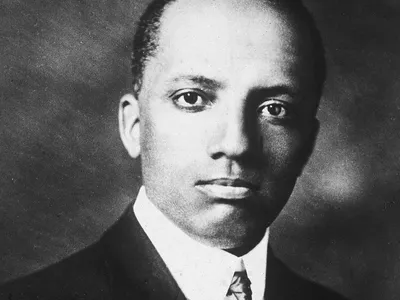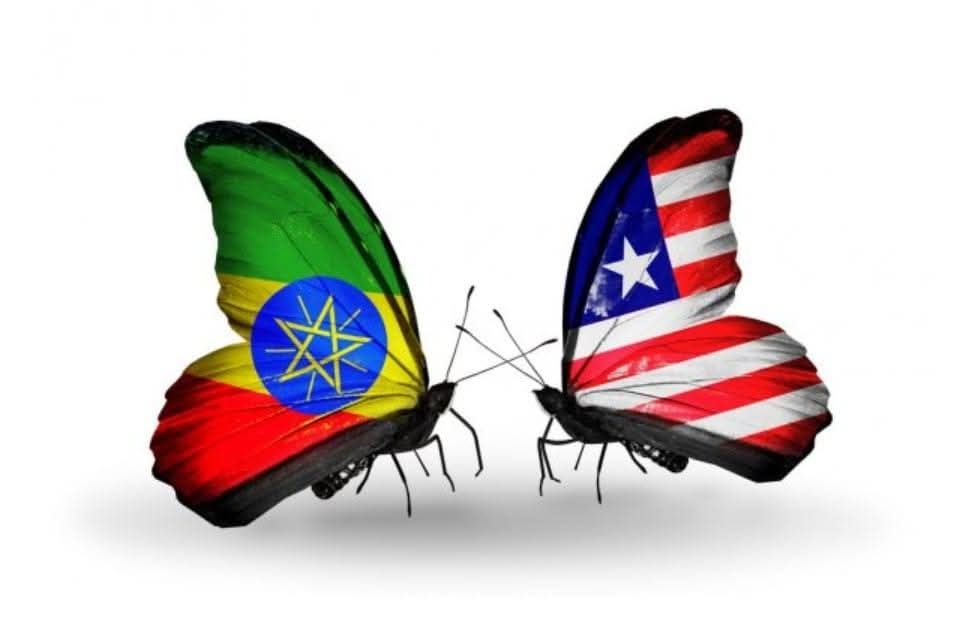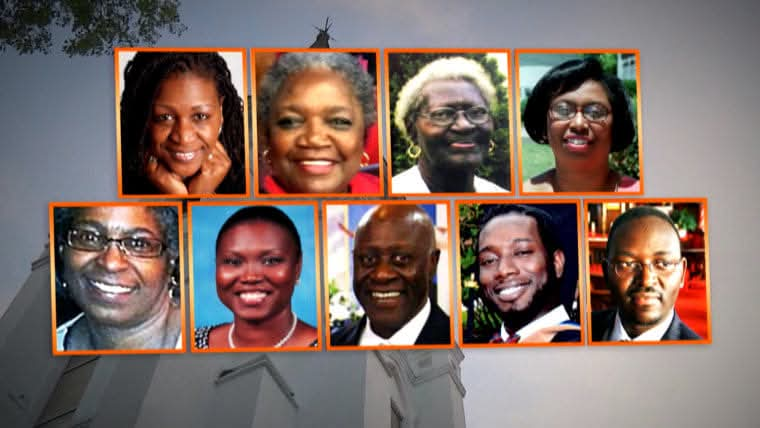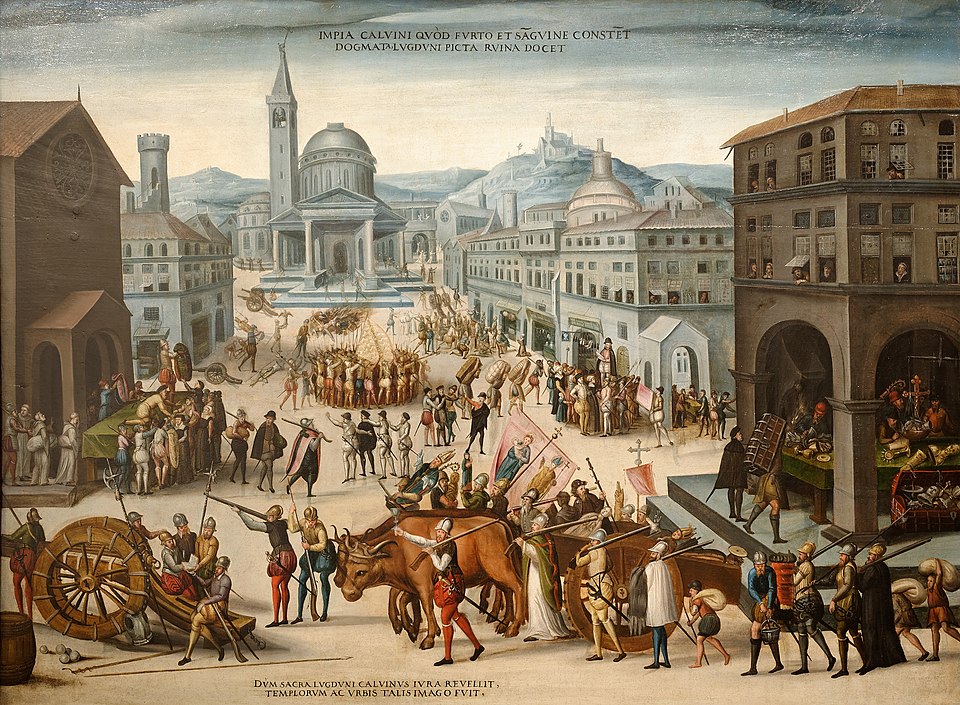BLACK HISTORY: Carter G. Woodson and the Birth of Black History Month

Did you know that African American abolitionist Frederick Douglass (born February 14) and U.S. President Abraham Lincoln (born February 12) were influential in Woodson's decision in choosing February to mark Black History Month?
February is designated as the month to commemorate African American history. And the reason behind that is the decision by eminent American historian Carter G. Woodson, who pioneered the field of African American studies in the early 20th century.
Born December 19, 1875, Woodson was an American historian who first opened the long-neglected field of Black studies to scholars and popularized the field in schools and colleges across the United States. He would establish, in 1926, what later became Black History Month, and came to be known as the “father of Black history.”
Woodson, whose parents were formerly enslaved people, was born into a poor family that moved to West Virginia, where he supported himself and his family by working in the coal mines. He did not have enough money to enroll in high school until he was 20. After graduating in less than two years, he taught high school. He studied at Berea College in Kentucky, where he received a bachelor’s degree in 1903, and then at the University of Chicago, where he received a second bachelor’s and a master’s degree in 1908. He earned a Ph.D. from Harvard University in 1912—the second African American, after W.E.B. Du Bois, to do so.
Inspired by having attended a three-week national celebration of the 50th anniversary of emancipation in 1915, Woodson joined four others in founding the Association for the Study of Negro Life and History, ASNLH (today called the Association for the Study of African American Life and History) to encourage scholars to engage in the intensive study of the Black past, a subject that had long been sorely neglected by academia and in U.S. schools. This area of study had previously been largely neglected or distorted in the hands of historians who accepted and perpetuated a biased picture of Black people’s role in and influence on American and world affairs.
In 1916 Woodson edited the first issue of the association’s principal scholarly publication, The Journal of Negro History, which, under his direction, remained an important historical periodical for more than 30 years; it was renamed The Journal of African American History in 2002. In 1937 he launched The Negro History Bulletin (renamed Black History Bulletin in 2002).
In 1919–20 Woodson was dean of the College of Liberal Arts and head of the graduate faculty at Howard University, in Washington, D.C., and he was dean at West Virginia State College from 1920 to 1922. He subsequently worked as an independent scholar based in Washington, D.C., and led the Association for the Study of Negro Life and History. While in West Virginia, he also founded and became president of Associated Publishers, a publishing company that produced books on Black life and culture, subjects that were largely ignored by other publishers in the United States.
In 1924 Woodson mobilized his college fraternity, Omega Psi Phi, to introduce Negro History and Literature Week in order to recognize Black achievements. He built on that effort by using the Association for the Study of Negro Life and History to launch Negro History Week in February 1926. He chose February so that this event coincided with the birth dates of two men important to Black history: U.S. President Abraham Lincoln (born February 12) issued the Emancipation Proclamation, and African American abolitionist, author, and orator Frederick Douglass (born February 14).
Since the deaths of Lincoln and Douglass (in 1865 and 1895, respectively), the Black community had celebrated their contributions to African American liberation and civil rights on their birthdays. By rooting Negro History Week in February, Woodson sought to both honor the inestimable legacy of Lincoln and Douglass and to expand an already existent celebration of the Black past to include not only the accomplishments of these two great individuals but also the history and achievements of Black people in general.
Negro History Week expanded to Negro History Month in some places as early as the 1940s, and in 1976, more than two decades after Woodson’s death in April 3, 1950. U.S. President Gerald Ford called on Americans to recognize and celebrate Black History Month.
Woodson wrote numerous books, including The Education of the Negro Prior to 1861 (1915), A Century of Negro Migration (1918), and The Negro in Our History (1922). In his The Mis-Education of the Negro (1933), Woodson argued that American schools and the manner in which they taught the country’s history were harming Black Americans. Woodson was at work on a projected six-volume Encyclopaedia Africana at the time of his death.
#penglobalhistory #BlackHistoryMonth



